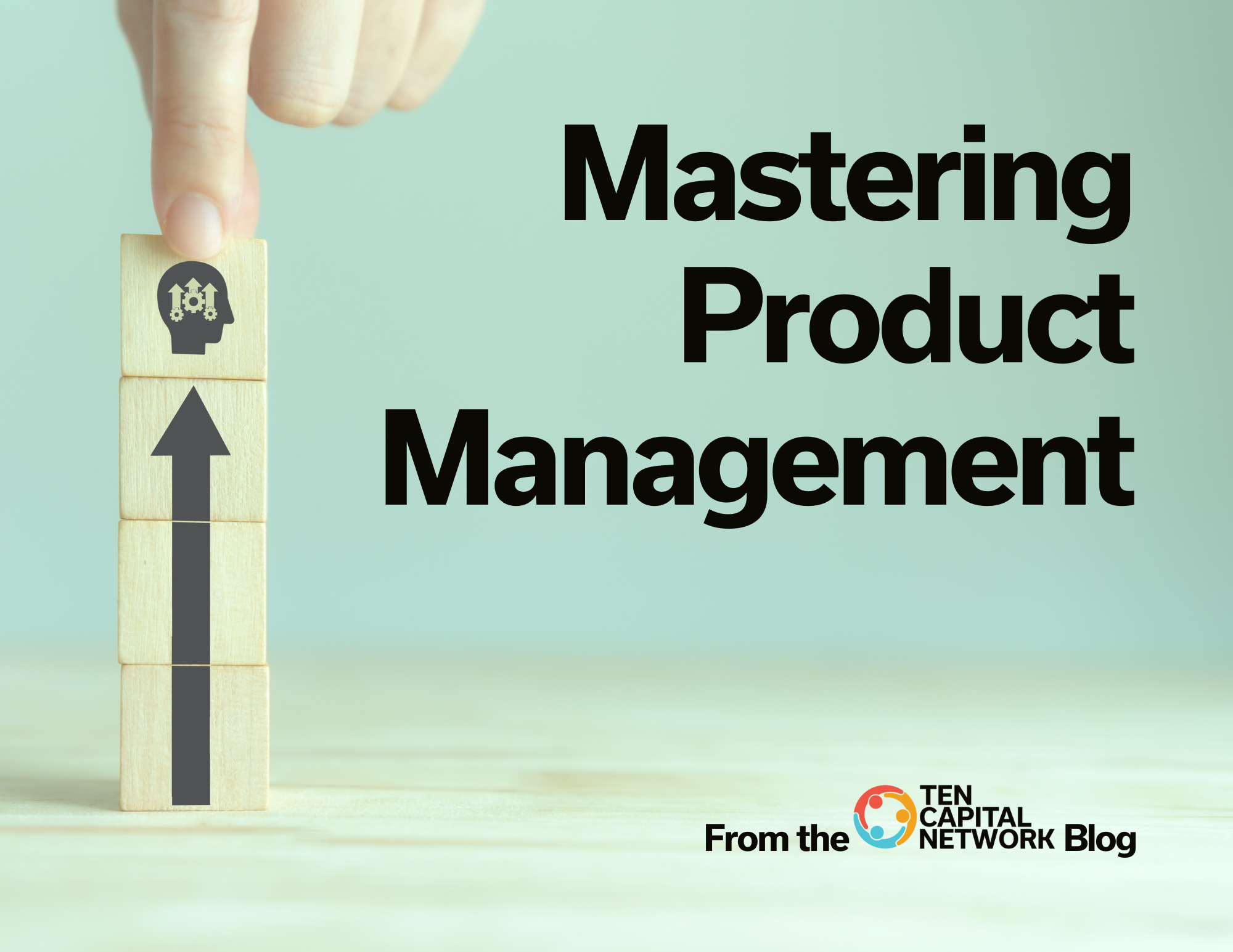2min read You’ve started your own startup ecosystem. You’ve recruited startups from your area, hosted successful networking events, and overcame several obstacles thrown your way in the process. Congratulations! You may be thinking, what’s next? How do I make this better? In this article, we discuss ways you can ensure you are optimizing the outputs of your startup ecosystem.
Getting the Most from Your Startup Ecosystem
For those who want to engage with the startup ecosystem, here are some key points to consider:
- Know why you want to engage with the community and what you want to take away from your experience.
- The best way to meet people is to join groups and engage with their activities. Many groups have volunteer and other positions available. Reach out to group leaders and offer support.
- If asked for advice or mentorship, provide it as well. These roles provide opportunities to learn the space and identify resources that can be helpful later. It’s important to stay engaged in order to progress with the community.
- After you have some experience with the startup ecosystem, you may want to set up your own group. Look at other startup ecosystems for ideas that would apply to your area. Look for gaps to fill rather than copying what others are already doing.
- Lastly, before launching your startup ecosystem, check with other groups for feedback.
Assessing Your Startup Ecosystem
In building your startup ecosystem, take time to assess its effectiveness.
Here are some key markers to achieve and how to get there:
- Do entrepreneurs connect and learn from each other? If not, set up events to increase the interactions and foster interactions.
- Do the entrepreneur groups share resources?
- If not, foster collaboration among the groups and help set up resource sharing such as job boards, funding sources, and other tools.
- Do experienced entrepreneurs provide coaching and mentorship?
- If not, engage the serial entrepreneurs to capture their experiences and share them with others.
- Does the community have leaders with entrepreneur experience? If not, help recruit experienced entrepreneurs into the leadership roles.
- Do the investment groups provide financial support to a range of companies or only a select few? If only a select number receive funding, help set up pitch competitions to bring funding to a broader number of startups.
- Do the coworking spaces support the startups beyond providing a place to work?
- If not, then integrate support organizations with the coworking spaces by having their offices at the coworking space to provide more support.
Signs of Strength
In building out your startup ecosystem, look for these signs to know if you are on the right track:
- Does the ecosystem have strong clusters of founders and developers that meet up regularly?
- Does the local community foster the startup ecosystem?
- Is failure acceptable or not an option?
- Local universities providing education and other resources to budding founders?
- Are there a number of startup programs available in the form of accelerators and incubators?
- There are events around the startup community including weekly, monthly, and annual events?
- Are founders and developers moving to the area to participate?
- Various forms of media coverage of the startup ecosystem are available such as news sites, topical blogs, and listicles?
- Are there venture capital and angel investors active in the area?
- Are there service providers available for legal, accounting, and financial services?
Look for these signs that you have a growing entrepreneur ecosystem.
Read more on the TEN Capital eGuide: Building Your Startup Ecosystem

Hall T. Martin is the founder and CEO of the TEN Capital Network. TEN Capital has been connecting startups with investors for over ten years. You can connect with Hall about fundraising, business growth, and emerging technologies via LinkedIn or email: hallmartin@tencapital.group





